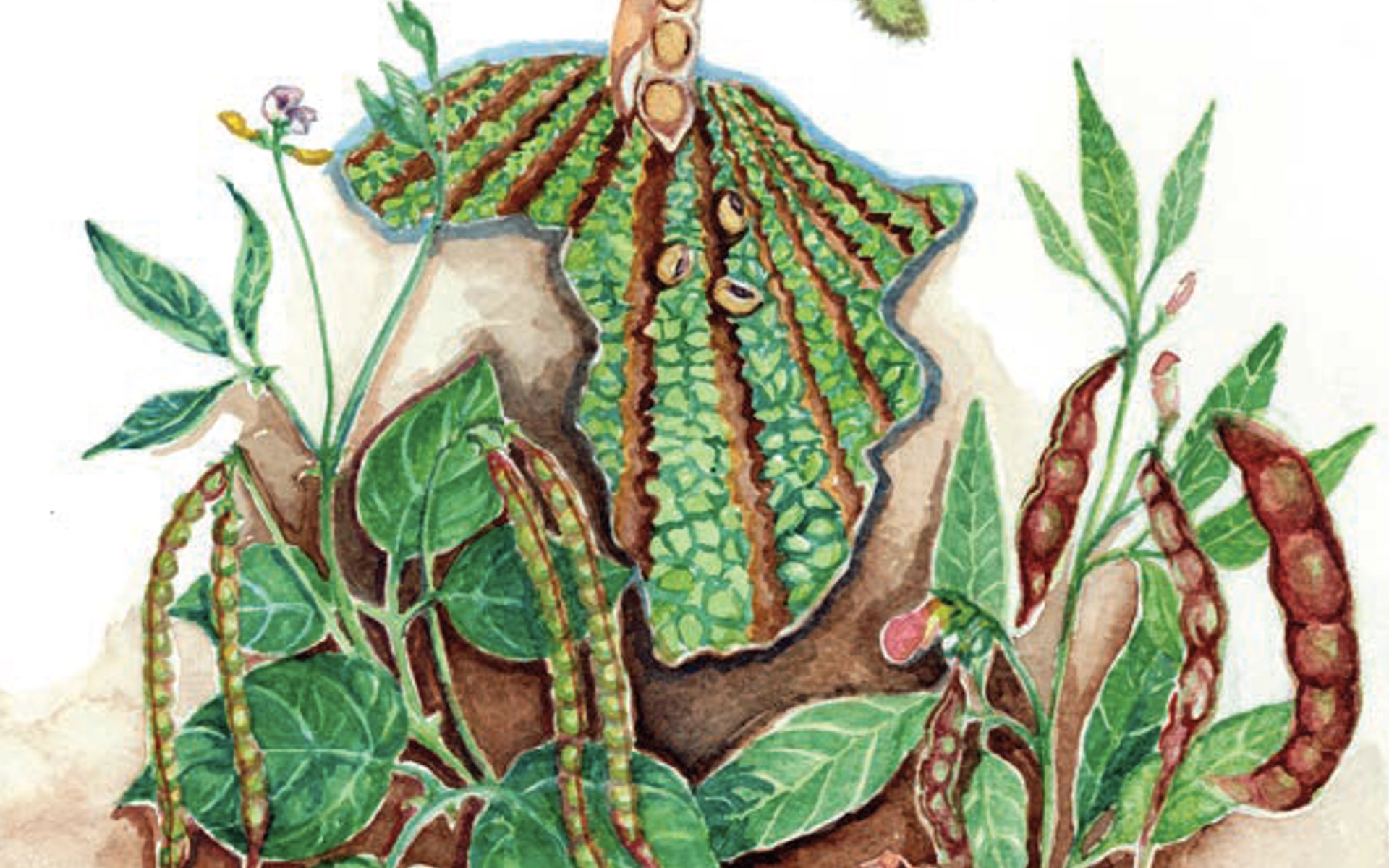Latest Resources

29 August 2016
N2 Africa, the Gates Foundation and Legume commercialisation in Africa
This report considers the N2Africa programme, which aims to develop and distribute improved, certified legume varieties (soya, common bean, groundnut and cow pea); promote and distribute inoculants and synthetic fertiliser; and develop commercial legume markets for smallholder integration in 13 countries in sub-Saharan Africa: Tanzania, Uganda, Ethiopia, Nigeria, Ghana (core countries); Kenya, Rwanda, Democratic Republic […]

11 July 2016
Farm Input Subsidy Programmes (FISPs): A Benefit for, or the Betrayal of, SADC’s Small-Scale Farm...
This paper reviews the farm input subsidy programmes (FISPs) within countries belonging to the Southern Africa Development Community (SADC), to ascertain whether input subsidies have benefited small-scale farmers, have increased food security at the household and national levels, and have improved the incomes of small-scale farmers. Download the report.

20 June 2016
Green Revolution dead-end in Malawi: Two case studies— AGRA’s Pigeon Pea Project and Malawi’s Agr...
This report that the Alliance for a Green Revolution’s ( AGRA’s) sponsored pigeon pea project in Malawi was a dismal failure and its agrodealer project had some major and fundamental weaknesses. The AGRA pigeon pea project and the Malawi Agro-dealer Strengthening Programme (MASP) were implemented under AGRA’s Soil Health Programme (SHP) and the Programme for […]

18 April 2016
Zimbabwean smallholder support at the crossroads: Diminishing returns from Green Revolution seed ...
This scoping report is published jointly by the African Centre for Biodiversity (ACB and the Zimbabwe Small-Scale Organic Farmers’ Forum (ZIMSOFF). The report focuses on government and donor farm input subsidy programmes (FISPs) and seed aid in facilitating the spread of Green Revolution technologies and raises questions about who really benefits from these programmes. It […]

3 April 2016
The chicanery behind GM non-commercial ‘orphan crops’ and rice for Africa
This paper focuses on research and development (R&D) relevant to non-commercial so-called ‘orphan crops’ in Africa—cassava, sorghum, sweet potato, pigeon pea and millet —as well as one commercial crop, rice. This paper should be read in conjunction with work already produced on GM banana (Schnurr, 2014) and GM cowpea (ACB, 2015). These non- commercial crops […]

3 April 2016
Africa to lose heritage crops to multinationals ‘donating’ GM technology
The African Centre for Biodiversity (ACB), in a new report titled, “For your own good!” The chicanery behind GM non-commercial ‘orphan crops’ and rice for Africa shows that the GM industry is expanding its grasp to African traditional crops such as cassava, sorghum, sweet potato, pigeon pea, cowpea, banana as well as rice under the […]

4 December 2015
The expansion of the commercial seed sector in sub-Saharan Africa: Major players, key issues and ...
Sub-Saharan Africa’s seed systems are undergoing a profound transition, with the private sector leading the way. This report outlines some of the major trends and activities of the major players involved in this, from Monsanto and DuPont Pioneer to the Alliance for a Green Revolution in Africa (AGRA) and the broader donor community.

9 November 2015
Which way forward for Zambia’s smallholder farmers: Green Revolution input subsidies or agroecology?
In this report, we provide a critique of the Green Revolution Farmer Input Subsidy project in Zambia, looking at its impacts particularly for small holder farmers and their seed systems.

6 July 2015
GM and seed industry eye Africa’s lucrative cowpea seed markets: The political economy of cowpea ...
The African Centre for Biodiversity (ACB) has today released a new report titled, GM and seed industry eye Africa’s lucrative cowpea seed markets: The political economy of cowpea in Nigeria, Burkina Faso, Ghana and Malawi. The report shows a strong interest by the seed industry in commercialising cowpea seed production and distribution in West Africa, […]

11 June 2015
Cottoning onto the lie: GM cotton will harm not help small farmers in Africa
After five seasons of genetically modified (GM) cotton cultivation in Burkina Faso farmers are denouncing their contracts with Monsanto and cotton stakeholders are discussing compensation for losses incurred since 2008 due to low yields and low quality fibre. Many other African governments are poised to follow suit but should note how GM cotton has impoverished […]
